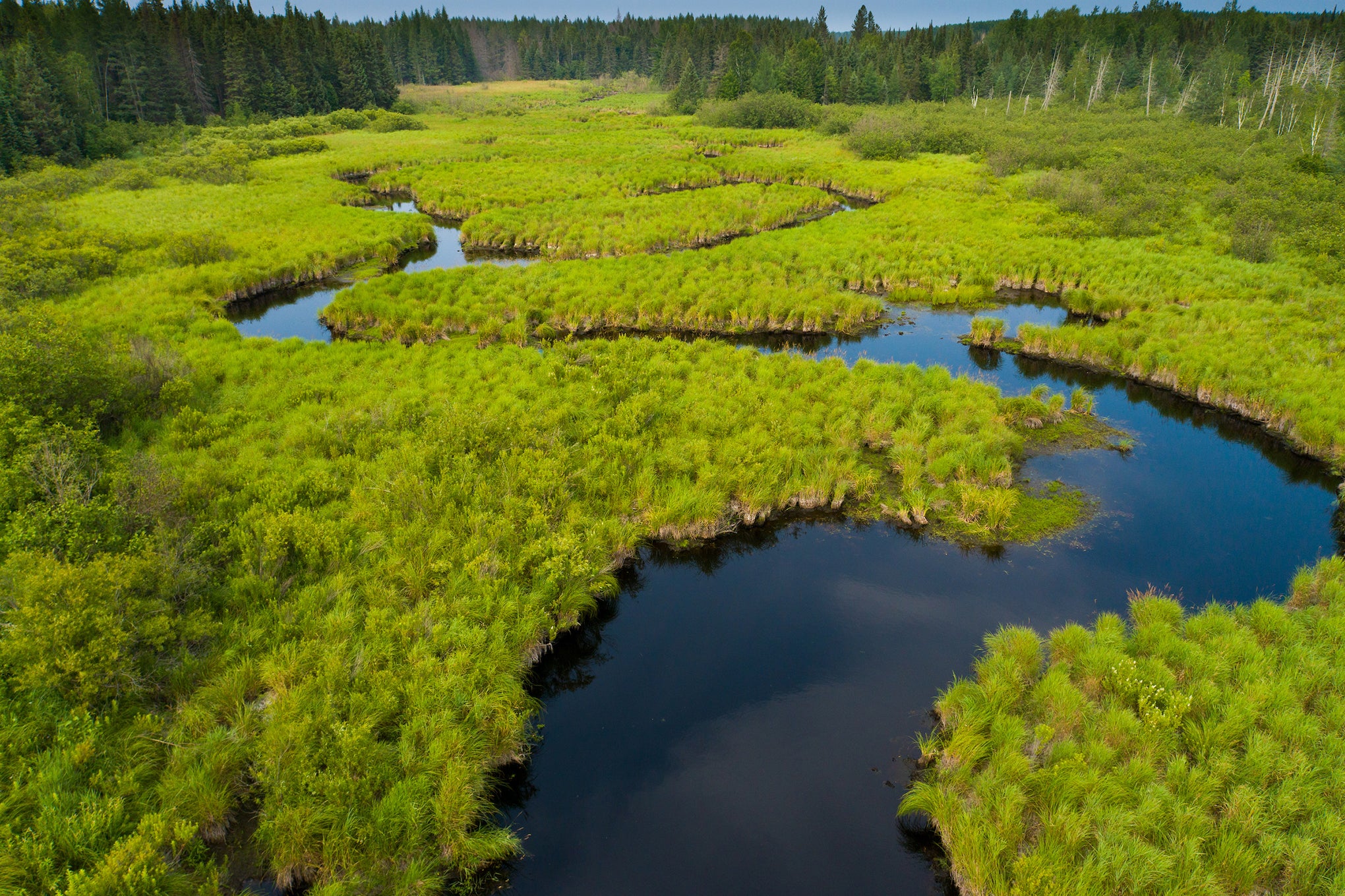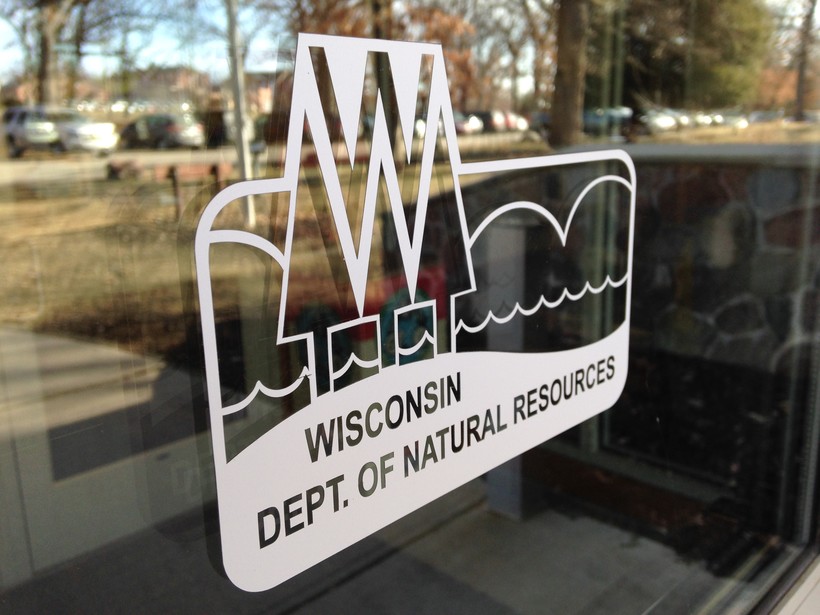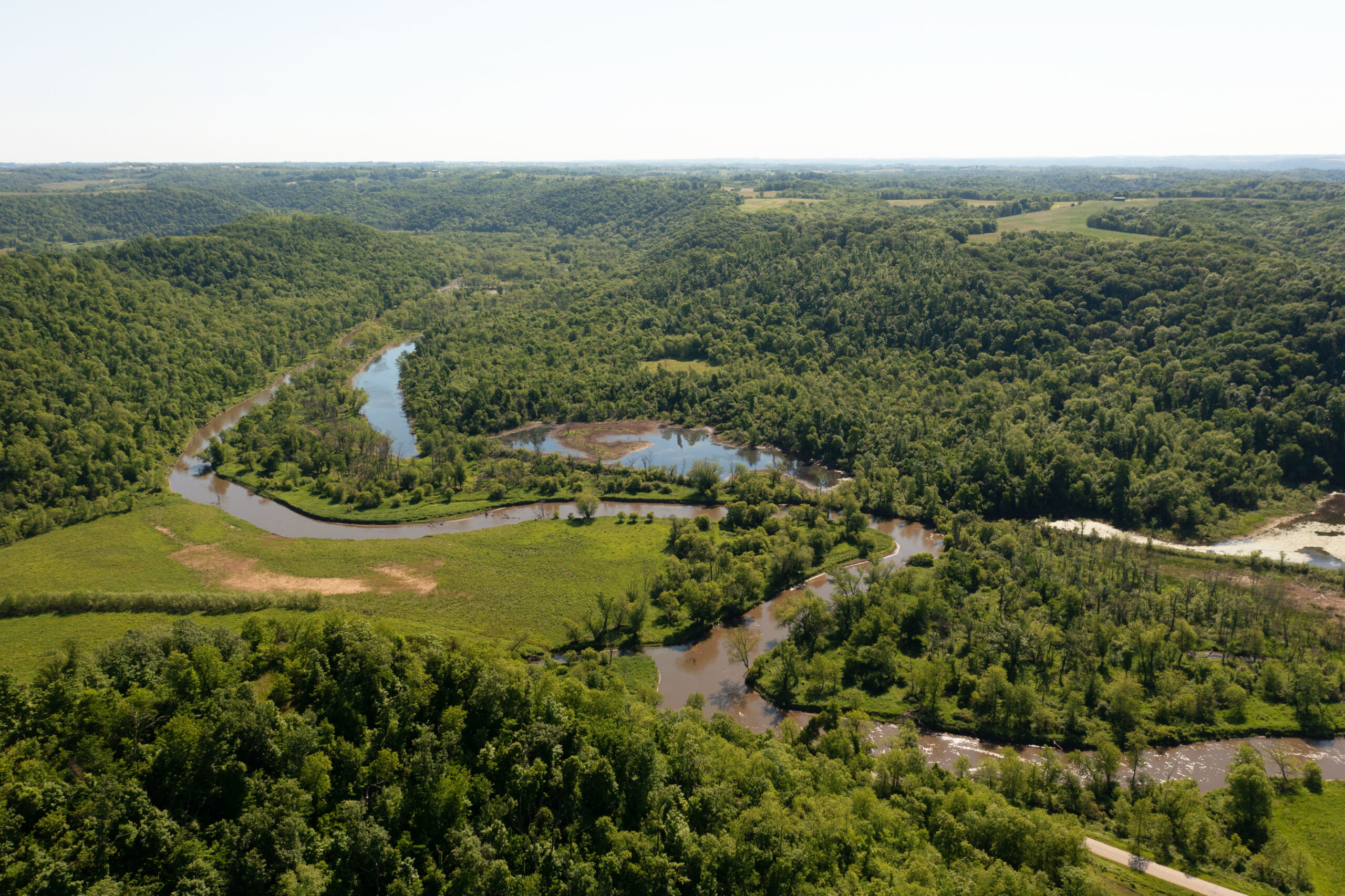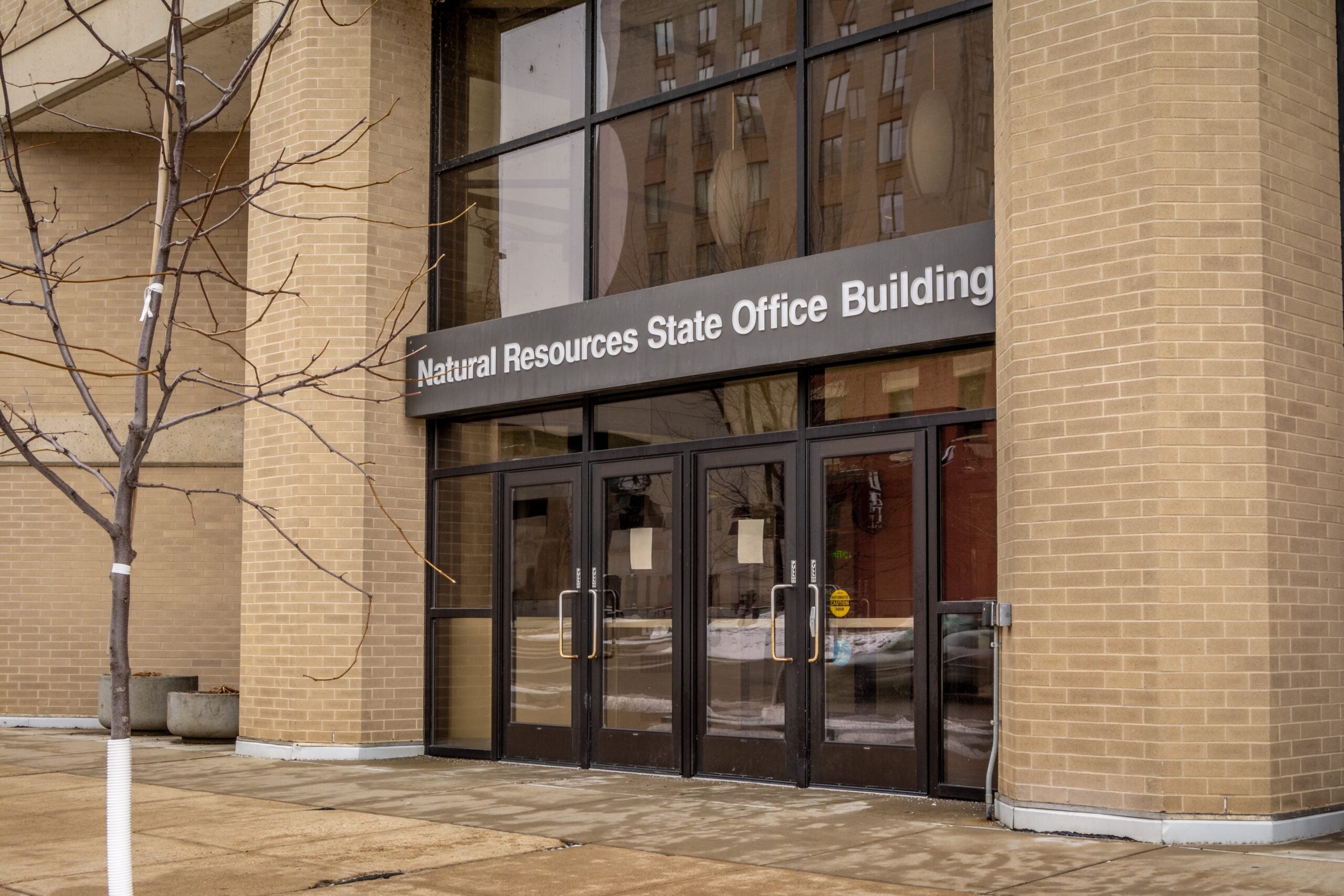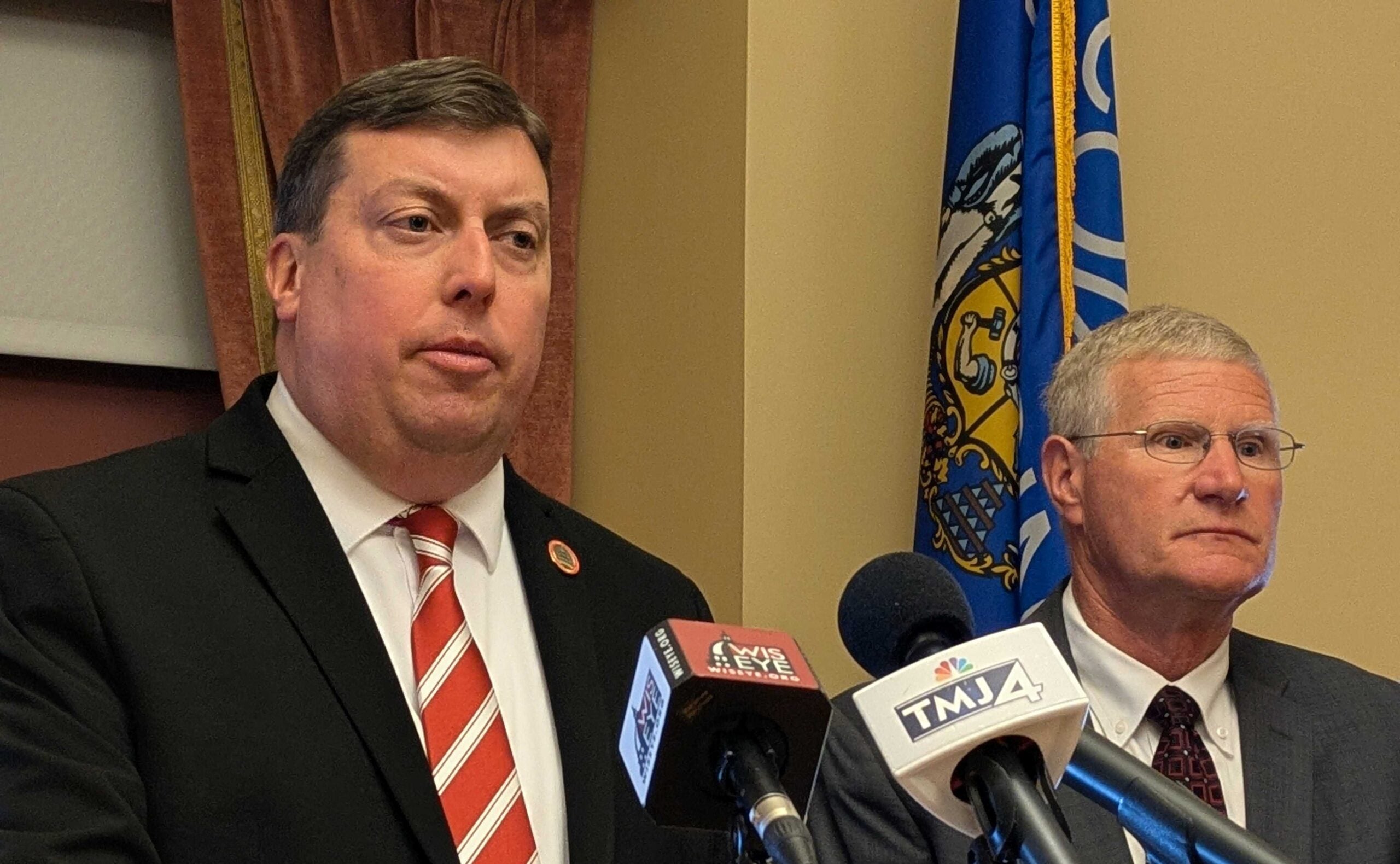The Wisconsin Department of Natural Resources is asking for $1.2 billion in the next two-year state budget, including a request to reauthorize the state’s land purchase program for a decade at $100 million each year.
The agency is also seeking $505 million in its capital budget to deal with a backlog of maintenance projects exceeding more than $1 billion.
The DNR provided an overview of its request to the Natural Resources Board during its Wednesday meeting. Maggie Hutter, the agency’s management and budget director, said its biennial budget request represents a roughly 2 percent increase, or roughly $24 million more than the current budget.
Hutter said one of the most notable changes includes a significant request to increase the state’s borrowing authority for the reauthorization of the Knowles-Nelson Stewardship Program governing land purchases.
“We’re requesting $100 million per year for this program for the next 10 years, and this would begin in 2026 as that’s when the current program expires,” Hutter said.
The Stewardship program is funded through 2026 at roughly $33 million, including $8 million in cash and $25 million through bonding.
The program was first created in 1989. Some Republican lawmakers have voiced concerns that land purchases under the program have taken private lands off the tax rolls in northern Wisconsin and contributed to the state’s debt.
Gov. Tony Evers spokesperson Britt Cudaback said the governor is still in the early stages of preparing the next two-year budget.
“Gov. Evers has long been a proud supporter of the Stewardship Fund, and he looks forward to approving the department’s request and proposing a 10-year reauthorization of the Knowles-Nelson Stewardship Program in the executive budget he’ll introduce early next year,” Cudaback said.

News with a little more humanity
WPR’s “Wisconsin Today” newsletter keeps you connected to the state you love without feeling overwhelmed. No paywall. No agenda. No corporate filter.
Evers and Republican leaders on the state’s powerful budget-writing committee have been at odds over funding for public lands. Last fall, Evers sued the co-chairs of the GOP-controlled Joint Committee on Finance for blocking funds for conservation projects. The governor said the committee violated the separation of powers through legislative vetoes of 27 projects since 2019.
In July, the Wisconsin Supreme Court ruled 6-1 that certain statutes governing the Stewardship program were unconstitutional because they authorized the committee to block funding that had already been earmarked by the full Legislature.
One of the committee’s Republican co-chairs, Rep. Mark Born, reiterated previous comments that the Stewardship program is now in jeopardy.
“It’s unfortunate that Governor Evers’ lawsuit removed all accountability of the Stewardship program, which helped ensure local voices were heard and that taxpayer resources were spent wisely,” Born said in a statement.
Under the provisions the court declared unconstitutional, lawmakers could raise anonymous objections to Stewardship purchases through its passive review process, leaving projects in limbo by failing to hold hearings on them. That amounted to a “pocket veto” of projects, including a $15.5 million conservation easement for the Pelican River Forest.
The committee eventually voted to kill $4 million in Stewardship funding for the largest conservation project in state history, but Evers later went around lawmakers to finalize the purchase with federal funds.
Sen. Mary Felzkowski, R-Tomahawk, has criticized the DNR over its handling of Stewardship funding requests. She declined to comment on the merits of the agency’s request, but she noted in a statement that the DNR has been without a secretary for almost a year.
“The likelihood of an agency of this size, that creates so much frustration throughout the state, receiving big increases without an executive head taking accountability is, in my opinion, low,” Felzkowski said. “There’s a lot of time between now and the budget, and my colleagues and I will have plenty to discuss.”
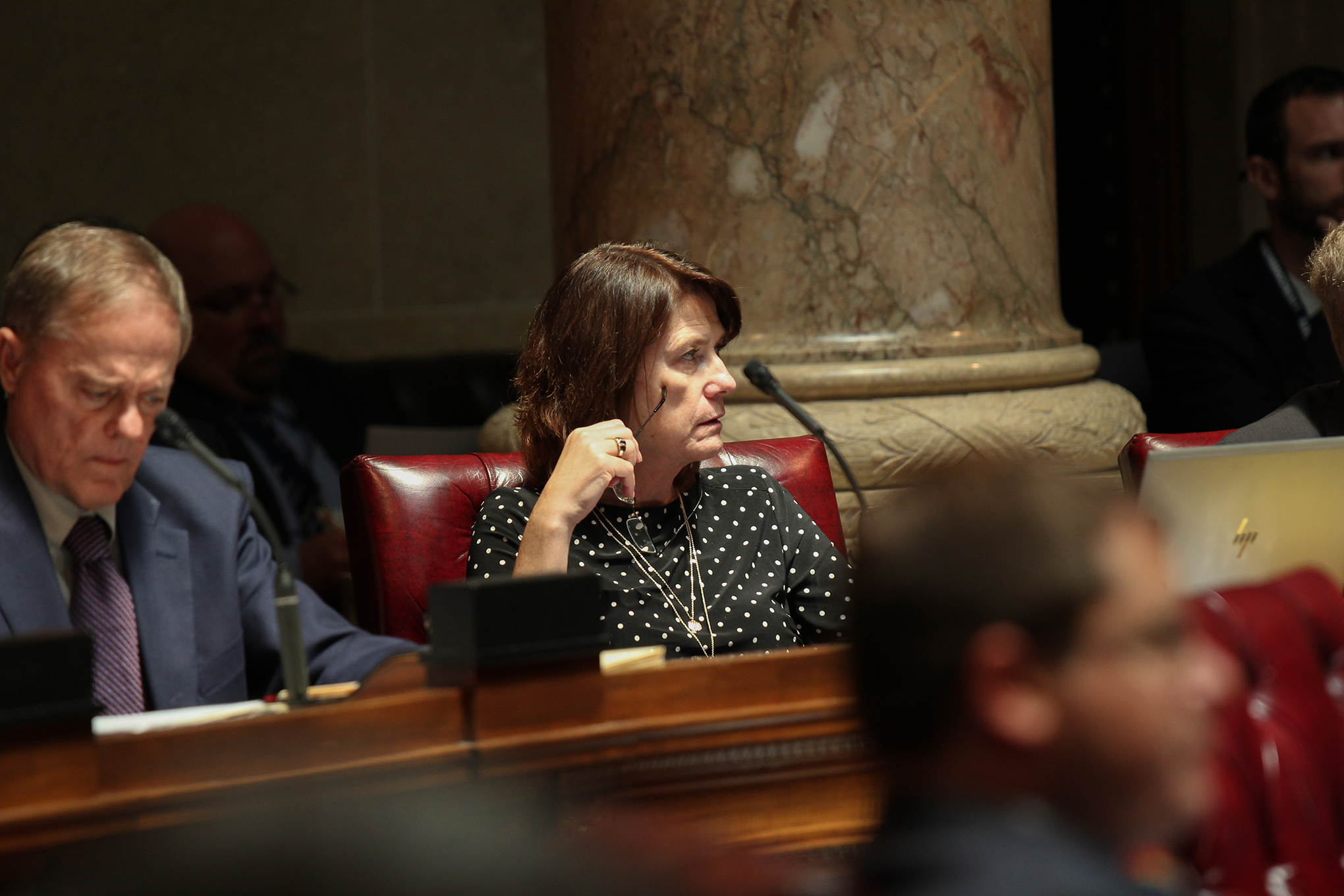
DNR requests $505M to address maintenance backlog
The agency is also requesting around $505 million under its capital budget to address a backlog of maintenance projects at DNR properties. The budget provides funding for maintaining recreational facilities, infrastructure and public access. That includes facilities, roads, bridges, trails and other structures. The agency is seeking $488.8 million in state funding and $16.3 million from gifts, grants or federal money.
Terry Bay, the agency’s facilities and lands director, said the DNR has been unsuccessful in addressing its backlog. He said that’s despite the Legislature’s approval of $170 million for capital projects in the last biennium, of which around $80 million went to addressing the backlog.
“Currently, the projects that we have in are over a billion dollars,” Bay said.
He said that only includes projects that are among the DNR’s top priorities, including those that address issues related to health, safety, repairs and maintenance.
The DNR has identified 334 projects that need to be addressed, including 26 major projects that cost more than $3 million each. Those would address health and safety priorities, such as improvements to groundwater and wastewater systems.
“Our concern is that not all the amenities at our properties will be open to the public,” Bay said. “For example, if we don’t address a road concern or a trail concern, that trail or road may not be open.”
He noted maintenance and repair projects represent the largest portion of the budget with $363.9 million requested to address facilities, infrastructure and maintain services. Those include repairs to dams, roads, bridges, facilities and hatcheries.
The agency cited another 73 minor projects that would cost between $300,000 and $3 million to address, as well as 235 projects that would cost less than $300,000 to address.
A report last year from the Wisconsin Policy Forum found that state tax funding for conservation, public lands and the environment have seen steep declines in the last 25 years.
Wisconsin Public Radio, © Copyright 2025, Board of Regents of the University of Wisconsin System and Wisconsin Educational Communications Board.

